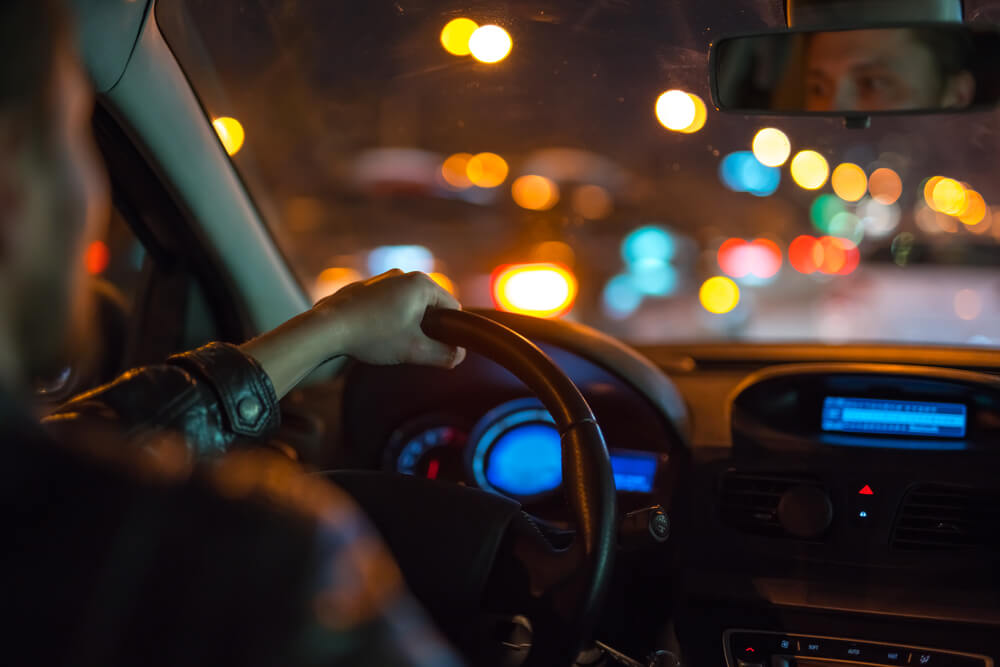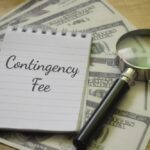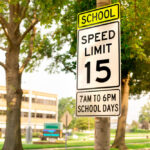How Night Driving Contributes to Drowsiness
Drowsy driving is a significant problem on America’s roads. Drivers fueled by caffeine and adrenaline can only go so long before fatigue sets in. When it does, drivers are a danger to themselves and others. Nighttime driving can make drowsiness far worse, adding to the already dangerous conditions you face while driving at night.
Learn more about how nighttime driving can worsen drowsiness and fatigue. If you or someone you love has been hurt in a crash caused by a drowsy driver, we can help. Call Reeves & Mestayer at 228-300-2754 to learn more now.
Mental Demands of Nighttime Driving
It is important not to underestimate the enormous mental demands that come with nighttime driving. Driving at night takes significantly more mental energy than daytime driving, wearing you down more quickly and leading to fatigue.
To start, you must deal with reduced visibility at night. It’s harder to see road signs, hazards, and other vehicles. Constantly scanning the road takes a toll on your brain. Additionally, many people find it more challenging to focus and concentrate at night. Even if you’re driving a route you’re familiar with, you’re experiencing it and processing it in an entirely different way.
Many drivers find driving at night very stressful. Accident rates are higher, it’s harder to react to obstacles in time, and getting lost is far more dangerous at night—it’s no surprise that many people say that nighttime driving gives them anxiety. These feelings bolster your body’s stress hormones, wearing you out physically.
Your Sleep Patterns and Circadian Rhythms
Humans are naturally built to sleep at night. It’s why our bodies start producing melatonin when it gets dark out and we’re supposed to start preparing for bed. Even those who work overnight shifts for years are likely to experience disrupted sleep because of how their work schedule interferes with their body’s sleep cycle.
When you do something mentally demanding like driving at a time when your body is trying to prepare you for sleep, you are basically trying to roll a boulder uphill. You might make it eventually, but it will be far more work than it would be in any other setting.
Caffeine can partially offset the effects of a disrupted sleep cycle. Your body’s circadian rhythm may still induce sleepiness and try to get you to sleep, but you can temporarily stop it with a caffeinated beverage. However, that doesn’t mean that caffeine can be your only solution for drowsy driving. You should still prepare ahead of time by napping, laying out your route, and leaving time for breaks so you can stretch your legs and break up the monotony of your drive.
Night Blindness and Drowsy Driving
Night blindness isn’t as widely discussed as other contributing factors to drowsy driving, but it affects many Americans. It’s marked by an inability to transition from a well-lit setting to a dimly lit setting. When your eyes’ rod cells are damaged, you are unable to see clearly in the dark. Glaucoma medications, cataracts, a vitamin A deficiency, or diabetes may cause this condition.
How does night blindness contribute to drowsy driving? It combines many of the factors described above. Trying to focus and see clearly when your eyes physically cannot is mentally draining, causing you to tire more quickly than you would otherwise. Additionally, driving at night when you can barely see is very stressful. The sudden boost of stress hormones can lead to a mental crash and intense fatigue later on.
Drowsy driving causes thousands of preventable injuries and deaths every single year. While it may be unreasonable to expect everyone to get at least eight hours of sleep per night, everyone should do their part to avoid fatigued driving. This may mean driving less at night, driving with a friend who can take turns with you, or limiting long trips.
Injured in a Nighttime Crash? Call Reeves & Mestayer
After a car crash, you may struggle to figure out what to do next. Protect yourself and your right to seek compensation by talking to the team at Reeves & Mestayer. Set up your consultation right away by calling us at 228-300-2754 or sending us a message online. We’re ready to help you fight for full and fair compensation.







